Introduction
Last week I was wondering what the next blog topic would be.
I was thinking about “Likability”, and then I thought about “Truthfulness”, and of course you have to be competent as well.
When I mentioned this to my friend Rashid, he said Oh Yes’ Guy Kawasaki speaks about TLC, not the usual Tender Loving Care, but Trustworthiness, Likability and Competence.
I thought Dang, its already been done, but that is not surprising because these are key elements in any life not just that of the project manager.
So! I am going to do my own version of Project Management TLC.
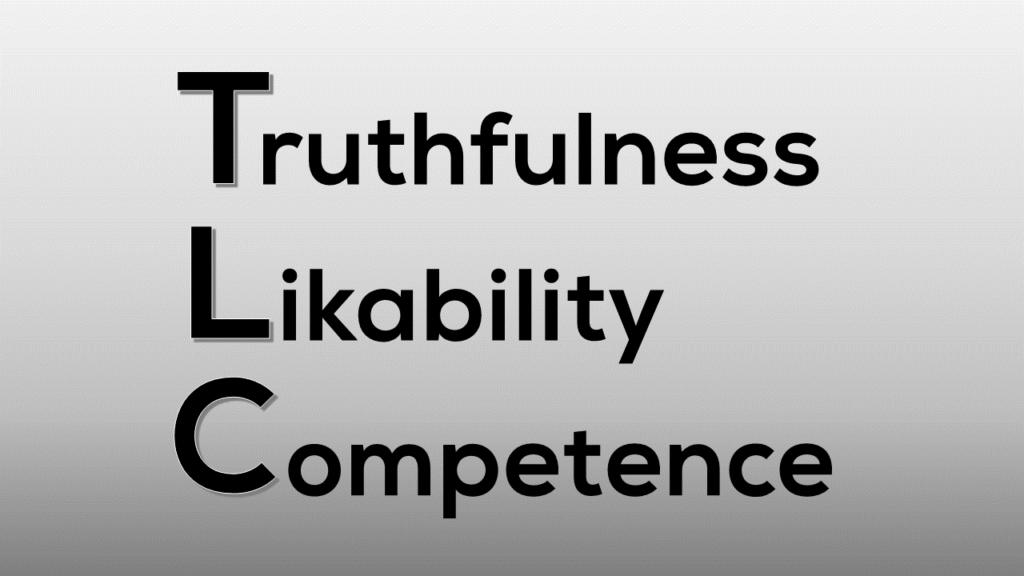
In this post I am going to focus mainly on the first two, since the question of competence is covered in the majority of posts.
Truthfulness
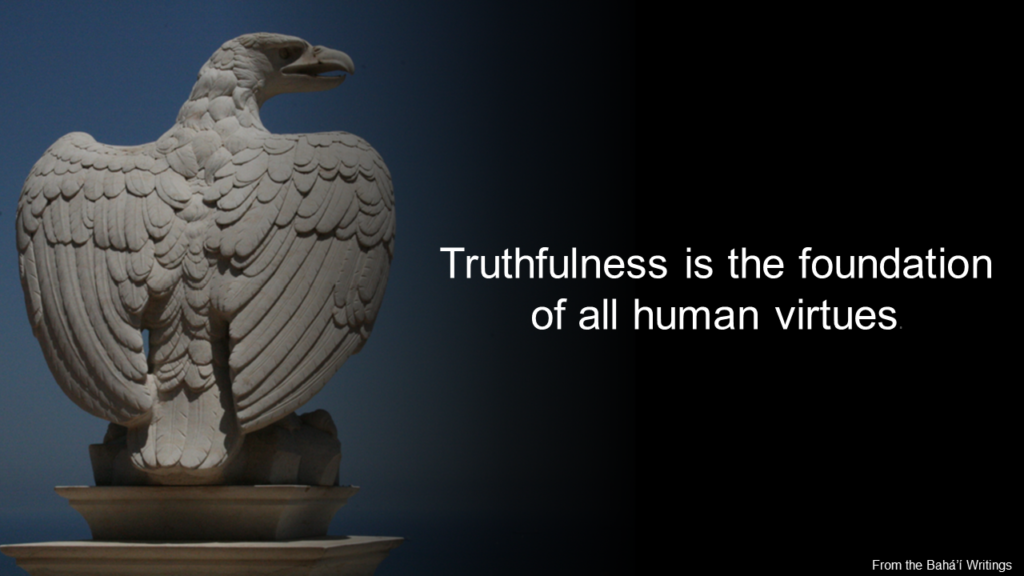
Why is truthfulness the foundation of all human virtues?
After all history is replete with stories of dishonesty and trickery. The story of the Wooden Horse of Troy is a classic example.
These stories generally relate to an outgroup, which is not necessarily relevant to the role of the project manager, who is required to work with a diverse group of stakeholders. These relationships will be greatly enhanced by truthfulness. In fact, it is not possible to grow a meaningful relationship without trust and that is always based on truthfulness. This does not mean some crass form of blurting out something that is true just because you can.
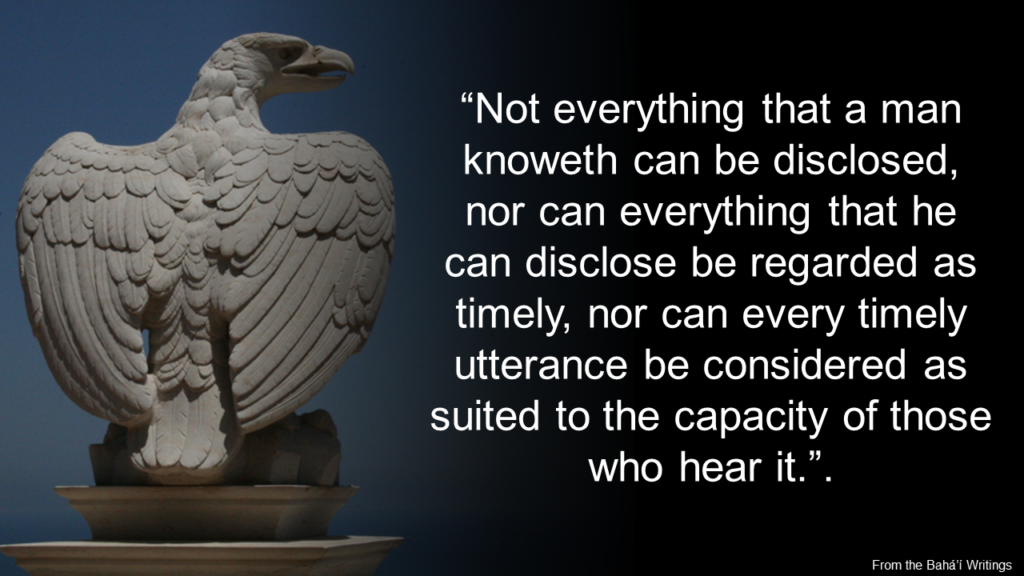
You can quote me on this
One area where I have observed a lack of truthfulness is that of quotations and estimates.
Often the customer and the vendor will conspire to lie to each other.
What do I mean by that?
A vendor having quoted a customer is advised that the delivery is too long and asked to reduce the delivery by say 3 months.
The vendor will review the quotation and may requote adding a premium to cover the additional costs of accelerated delivery.
So far so good.
Alternatively, the customer will wait for months to accept the bid and issue a P.O. (after the bid validity has expired) and insist on the original delivery date.
The vendor keen to get the work accepts the P.O.
Everyone understands the triple constraint but ignores it and basically says If you lie to me about the delivery I want, I will pretend to believe you.
But for the moment everyone is happy, the vendor has a contract, and the customer management has their preferred delivery.
Unfortunately, when it comes to delivery time it proves to be impossible to meet the promised date leading to problems and bad feelings for both vendor and customer. Some truthfulness and agreement would have saved both parties a lot of heartache and cost.
It’s Only an Estimate
Another example is estimating.
When preparing a quotation, it is often necessary to gather information from internal and external vendors.
Everyone will calculate their estimates, add some contingency and then a “fudge factor”, to take into account management cutting their estimate. This can lead to a bloated estimate because there is a lack of trust and truthfulness, which may seem to be a good thing, but is not for several reasons.
- You may lose the job due to overpricing
- Work expands to meet the time available, leading to lack of efficiency
- There is a tendency to use previous estimates for future ones thus perpetuation the error
There is an alternative, but it involves truthfulness and trust.
If everyone gives an honest and realistic estimate with no padding, and then an overall project contingency is applied, which can be used as required.
This will however only work if there is transparency across the organization. As soon as the system is used to blame or punish, everyone will revert to the old CYA procedure and pad all their estimates.
Truthfulness must be recognized and rewarded.
Bearer of Bad News
As project managers we often have to deliver bad news, which is never a good thing.
If, however you have a reputation for truthfulness, delivering the bad news with a realistic recovery plan is much more likely to be accepted, if not welcomed, by the recipients.
Likability
Moving on to the next letter “L” Likability.
Surely this is not necessary, being efficient and good at your job should be enough – shouldn’t it?
Not according to Malcolm Gladwell.
In his book “Blink”, he reports on several studies which indicate that likability is a major factor in whether doctors get sued or not.
Doctors with the best bedside manner are much less likely to be sued than their colleagues of equal or greater ability, but who have a poor bedside manner.
In other words, people don’t sue doctors they like.
At your Service
Having spent the majority of my working life in service operations or project management, my anecdotal experience supports Gladwell’s hypothesis.
Back in the old days when IT was divided into software and hardware support, I remember my boss telling me the following story.
In a previous job he had two service engineers, lets call them Bill and Ted, who were both technically exceptionally good.
Bill was an exceptional engineer, but totally lacking in people skills.
Ted was a good engineer with great people skills.
The customers always wanted Ted. Even to the extent that they were prepared to wait until he was available.
The manager would explain that Bill would quickly solve their problems.
They would say Na! we’ll just wait for Ted.
A big F.A.T. failure
Throughout my career I have found that having a good rapport with the customer generally made it much easier to deal with unforeseen problems or even near disasters.
During a customer acceptance test for a control system we were performing a data point check, and almost every point failed. The customer was needless to say less than happy.
Fortunately, it was late in the day and the customer suggested that they get out of my way and let me resolve the issues, and we could resume in the morning.
When confronted the engineer was casual about the situation. When I pointed out that he had signed -off on the pre-test, confirming that all points had been checked, he said “Oh you wanted me to check all the points”.
I replied Yes! That is what the procedure called for, so we are going to work all night if necessary, to ensure that we have a perfect test in the morning. (It may have been a little more colorful that.)
Which we did.
Fortunately, there was a good relationship with the customer and the testing was completed on schedule, and it did not blow-up into a major incident.
We never had a repeat of that failure and went on to work well together.
Neither of these cases implies that likability is a substitute for competence, but problems will arise, and it does help “grease the wheels”.
Miracle Rising
Do we have any historical evidence that these factors can influence a long running and serious situation?
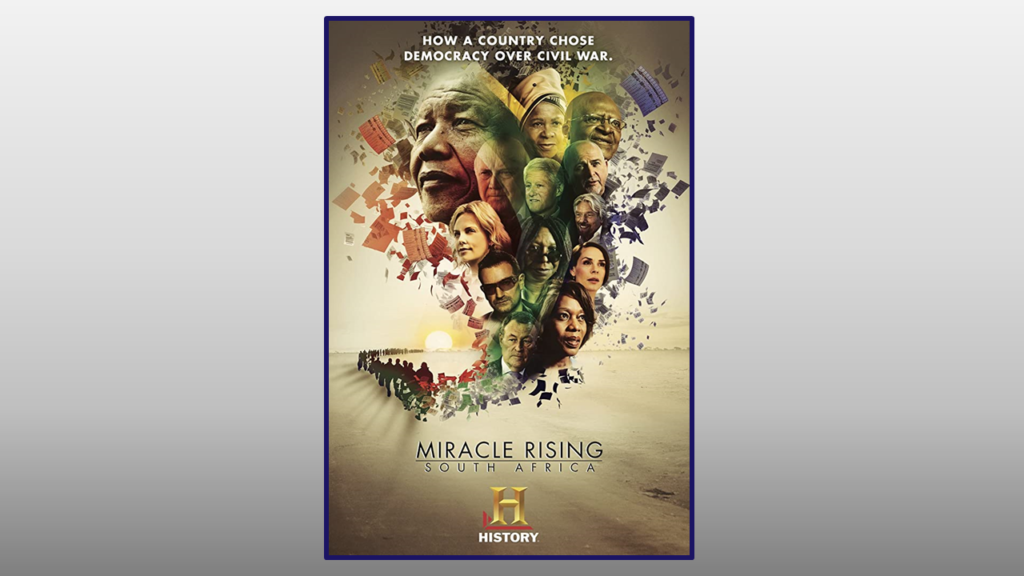
The documentary Miracle Rising by the History Channel is a gold mine of lessons for everyone on the power of TLC.
During the struggle against Apartheid and the final negotiations for a transfer of power, Nelson Mandela worked to understand and to connect with his oppressors and then the negotiation team representing the white South Africans. He insisted on learning Afrikaans so that he could relate to the other side and also so they could connect with him.
The negotiation teams kept working even as the violence and hatred in the country escalated, almost to the point of no return.
The documentary includes conversations with the various participants on the negotiation teams, and a common thread, is the way they were able to relate to each other as individuals.
President F.W. De Klerk speaks about how during the formal sessions they were getting nowhere, but at the coffee breaks they came together and began relating as fellow human beings, and that finally translated into progress in the formal sessions.
The Chief Negotiators, Cyril Ramaphosa (ANC) and Roelf Meyer (NP) came together on a fishing trip. Cyril taught Roelf how to fish and even removed a hook from his finger. After that trip although nowhere near an agreement they were able to be honest with each other which helped the movement towards the final agreement.
This did not mean that common sense and competence were thrown out in favour of a Kumbaya moment, there was much hard negotiation and difficulties, but those human connections allowed them to find the moments to resolve the problems.
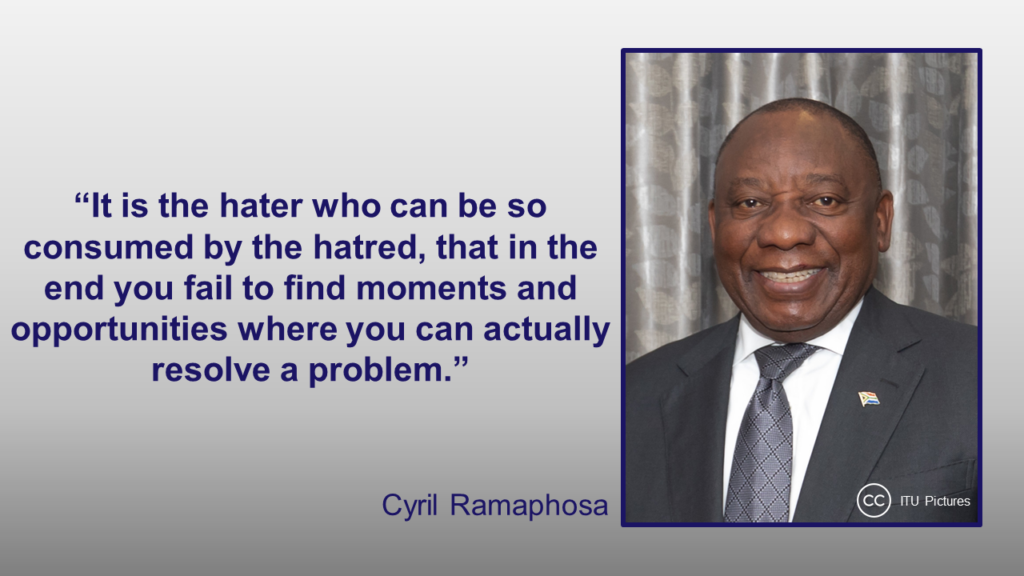
One example of this was when De Klerk said he would not sit at the same table as Joe Slovo a white communist leader, whose wife had been assassinated by the South African security services. Mandela insisted that both men would select their own team with no preconditions. Ironically, it was Slovo that proposed the “sunset clauses” of the final agreement which protected the position of the white minority during the first 5 years of majority rule.
As the first fully democratic election in South Africa approached violence escalated and at times appeared certain to derail the process. Even during the actual election as technical and administrative difficulties threatened a catastrophic failure, the bonds forged between the participants allowed them to step back and allow time for solutions to be found to each problem as it arose.
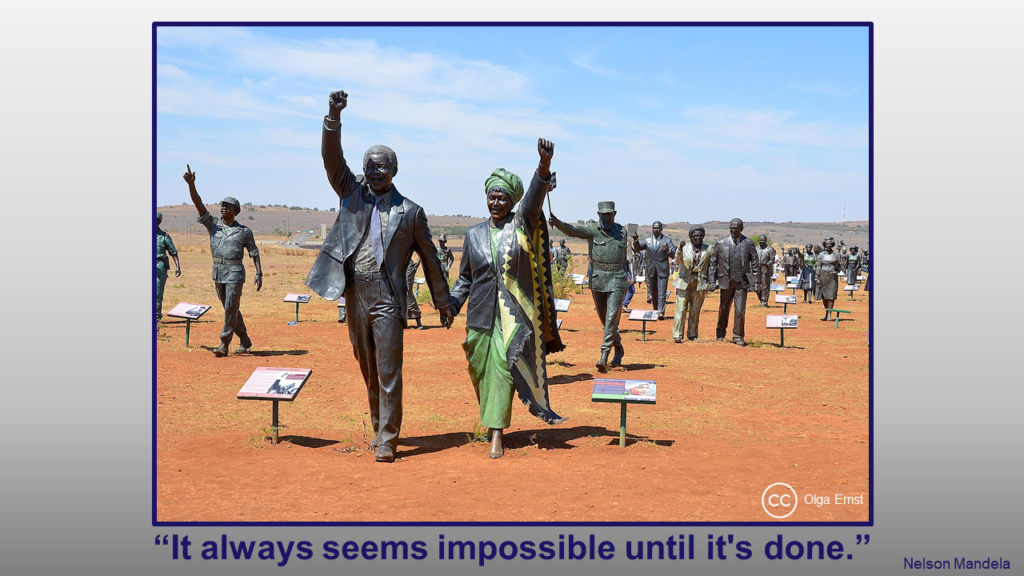
The truth will set you free
Following the election, which saw Nelson Mandela become the first black and truly democratically elected President of South Africa, the problems were just beginning.
How could the new President unite a very divided country?
There was the threat of escalating white right-wing violence, plus a clamor for revenge from a previously persecuted black population, a powder keg just waiting for a match.
The new government created The Truth and Reconciliation Commission headed by Archbishop Desmond Tutu.
Members of the former regime could apply for amnesty for actions carried out during the previous decades. But in order to receive it they had to appear before the commission and truthfully admit to their actions.
For many who had lived through the terror that was apartheid, there was an urge for revenge, to see their oppressors in jail, or worse.
But this would not bring together the people of the new republic, and although it appeared that people walked away from their heinous acts, free from retribution, a potential bloodbath was averted.
As Albie Sachs (Justice on the Constitutional Court) outlines in the documentary they did not have proof of many of the crimes, and it was not clear who was the responsible person. Was it the person who pulled the trigger or the head of the Security Service, or even the President?
Not everyone felt this was justice, but one thing that it did was tie the perpetrators to their actions, they were able to walk away from punishment for their actions, but they could not walk away from responsibility for them. There could be no future white mythology, no “Lost Cause” narrative that would fester, and poison future generations preventing healing on all sides.
Conclusion
- There can be no substitute for competency when it comes to our role as project managers.
- “Truthfulness is the foundation of all human virtues” and is an essential element in our lives as project managers.
- Likability is less essential than the other two, but as can be seen from the examples above, it is far from just “the fluffy stuff”.
Top Lesson for Project Managers
How can we apply Project Management TLC?
Truthfulness
- Create an atmosphere that is conducive to honesty
- After Action Reviews should allow people to admit problems without the fear of serious retribution, otherwise problems cannot be resolved (This does not include legal or ethical breaches)
- Be honest – Were you lucky?
Likability
- Genuinely get to know your stakeholders
- Work to understand other’s perspectives
- Be an active listener
Competence
- Continue to learn, and keep up to date
- Reading
- Podcasts
- Mentor
- PMI Events
- Skill in the first two attributes will attract mentors or coaches necessary for developing competence.
- Be prepared for change
BIBLIOGRAPHY
Blink – Malcolm Gladwell
Miracle Rising – The History Channel
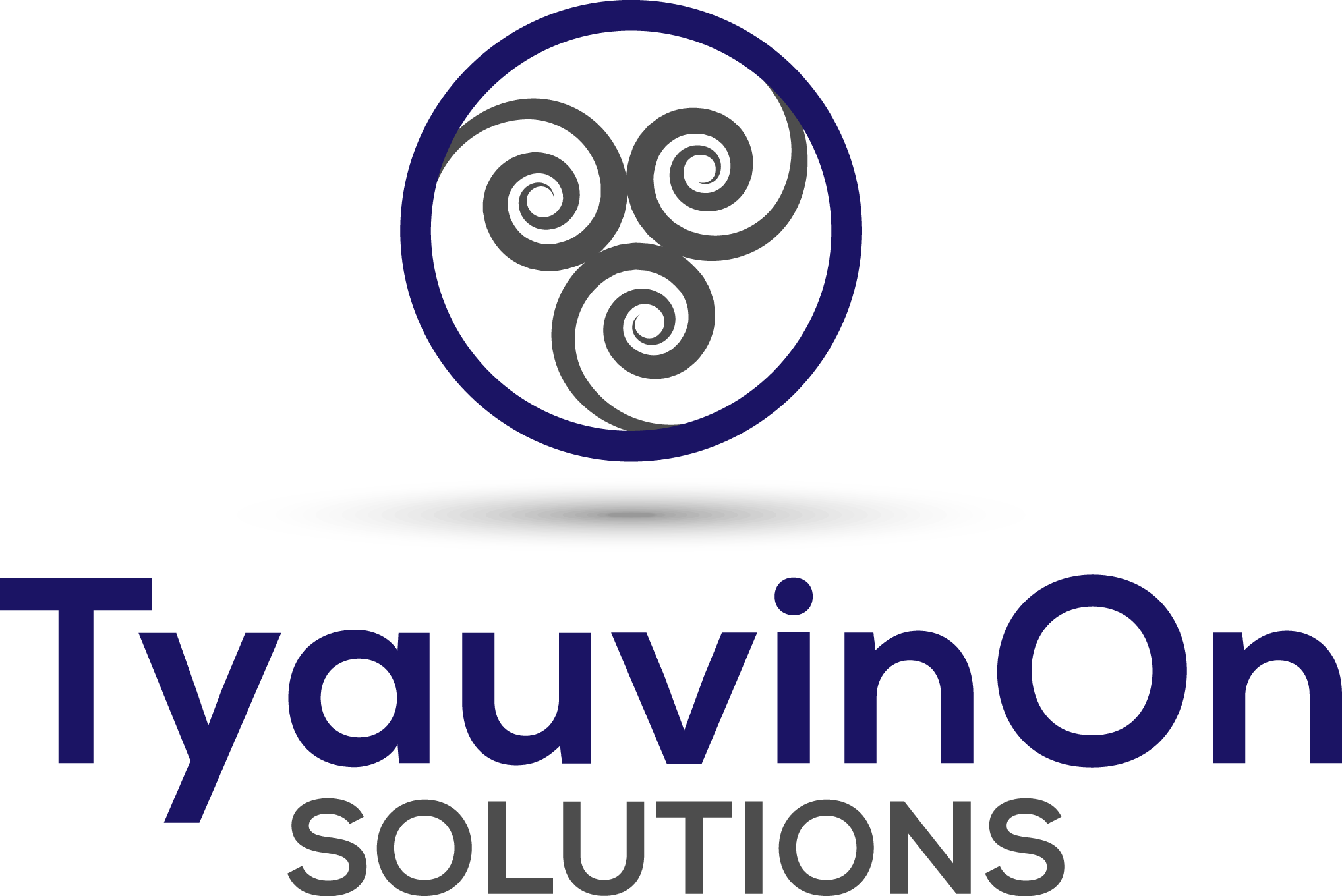
Another superb article.
Thanks to your many recent articles, I’ve to recognize History as a motherlode for PMs to mine Lessons Learned.